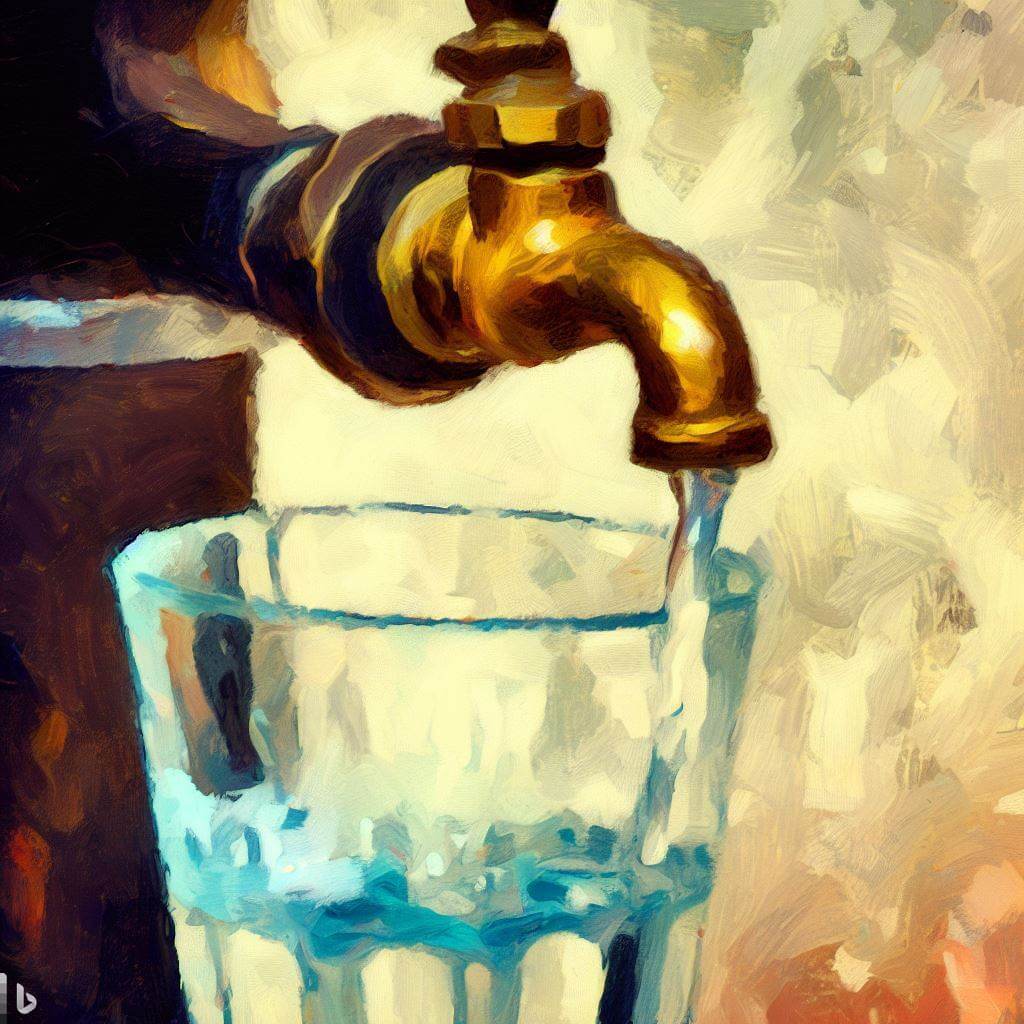- The Blue Drop report rates Joburg’s tap water as safe to drink, scoring it over 99% for its chemical and microbiological compliance
- Joburg Water tests samples every day, with independent verification
- You can test your own water if you’re concerned about its quality
The Department of Water and Sanitation publishes the Blue Drop report that focuses on the status of drinking water in all the municipalities.
The 2023 interim Blue Drop report rates Joburg’s tap water as safe to drink, scoring it over 99% for its chemical and microbiological compliance. This means organic matter and heavy metals have been removed from the water and chemicals, such as chlorine, have been added to kill bacteria.
‘Where the microbiological compliance is not 99%, you should not be drinking the water,’ Ayesha Laher from the Water Institute of Southern Africa (Wisa) told The Outlier. ‘As far as I am concerned, any water that is not microbiologically compliant, you shouldn’t drink because it can have viruses, E. coli, cholera or anything that we haven’t discovered.’
How Joburg monitors water
Johannesburg Water supplies 1.6-billion litres of water a day to the city through its 59 reservoirs from water provided by Rand Water.
Joburg Water’s Cydna, Goudkoppies and Northern Works laboratories test the city’s water daily – testing up to 500 samples a month. An independent laboratory also analyses samples to confirm the quality of the reports.
Joburg Water isn’t the only entity testing the city’s water. Private businesses such as WearCheck Water, Set Point Water Laboratories, Outa’s Water Can and H2Oguru test water for private businesses, water boards, municipalities, businesses as well as for the Department of Water and Sanitation.
Can I drink the water in my suburb?
How to check if the water in your area is safe to drink
- Go here first to find the name of the reservoir that supplies your suburb
- Then go to this Department of Water and Sanitation website and enter the name of the reservoir
- If the results show that your reservoir has a blue dot, the water is excellent and you can drink it from the tap. If the dot is red or orange, it means the water is not safe
It may be helpful to remember that water monitoring is happening all the time. There are tips on how to clean your water below.
The quality of water can differ between suburbs. Even though water may be of a high quality when it leaves a treatment plant, where it flows – perhaps through corroded pipes – affects what comes out of your taps, says Laher.
Water quality is also determined by how far your home or business is from the supply reservoir. This affects how much chlorine will be in your water, for example. (Chlorine kills pathogens and the city follows the safety limits set by the World Health Organisation.)
Loadshedding can affect the quality of your water. Because power cuts affect pumps, reservoirs empty and only refill once the power is back on. This disturbs the sediment at the bottom of the reservoir, causing the brownish-coloured water you may see flowing from your tap.
Red flags
If your drinking water
- Tastes sandy, it may indicate a leak in the pipes
- Looks cloudy or has an oily film, sulphur smell or a metallic taste, it may mean the water was poorly cleaned
If you are concerned, contact Joburg Water or one of the private testing facilities listed above to test your water.
How to collect a sample: With clean hands, fill a sterile 1.5l bottle with tap water, which the lab will test. Typically, results will be available within 24 hours. A basic potability test costs about R1,700.
Making your water safe to drink
If your water quality is poor, you have a few options – some easier than others
- Boil your water. This is the best option as it kills pathogens
- Add one teaspoon of bleach to 2l of water and let it stand for half an hour before drinking. This is a very cost-effective option
- Filter your water using a clean cloth, coffee filter or paper towel. While cost-effective, this only removes sediment and does not kill bacteria
- Install a water filtration system
Useful links
- Contact Johannesburg Water
- Find your reservoir: Joburg Water: reservoirs and suburbs
- Check your suburb’s water: Department of Water and Sanitation’s tool
- Private testing laboratories: WearCheck Water, Set Point Water Laboratories, Outa’s Water Can and H2Oguru
- Download the 2023 interim Blue Drop report [pdf]
The Outlier Local Government newsletter focuses on issues in Johannesburg
Sign up to receive the next edition
